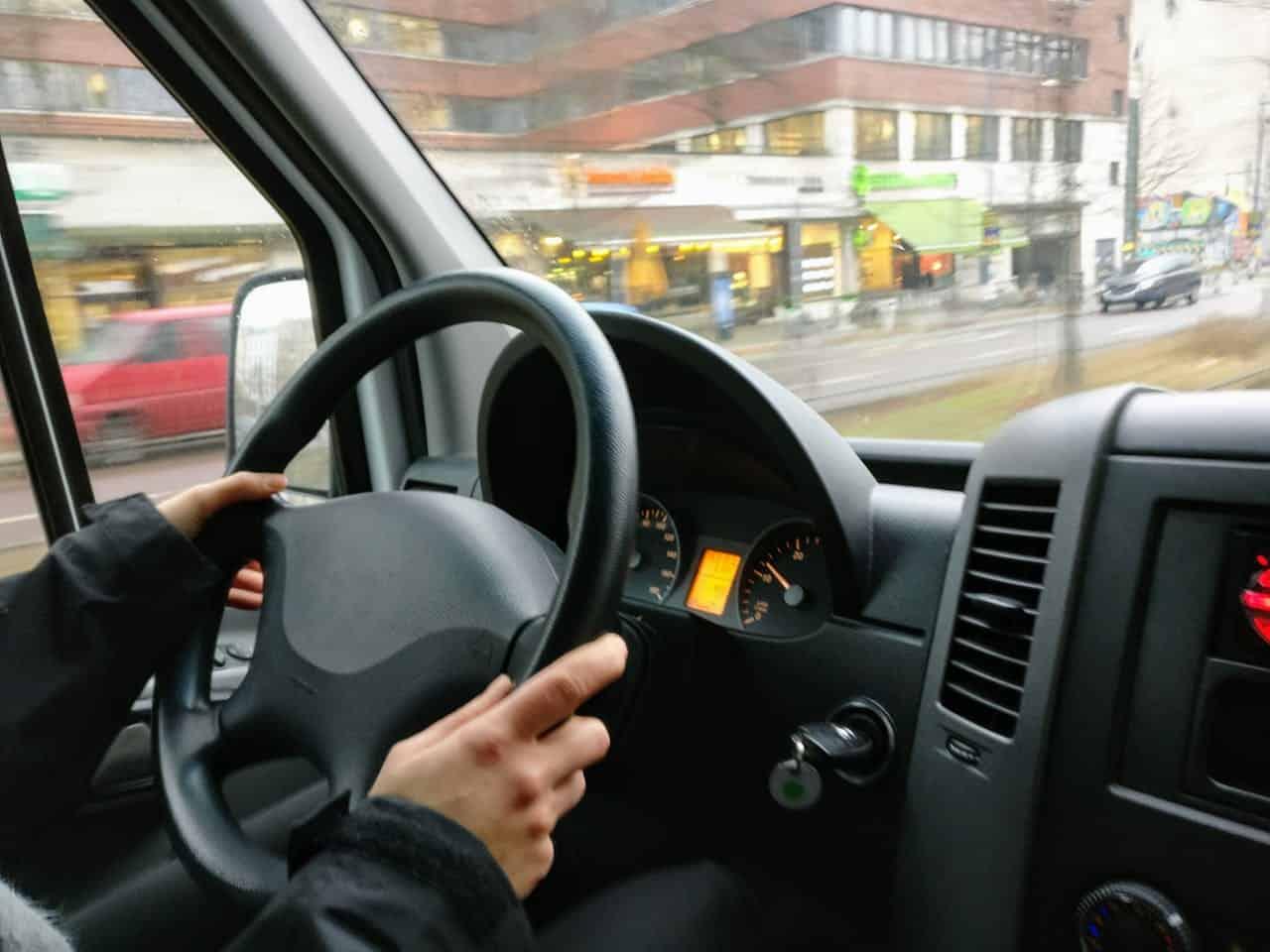Getting your driver's license marks a crucial moment. However, starting out in the world of driving can be fraught with conflicting emotions, from anticipation and excitement to anxiety and uncertainty. This article aims to provide practical guidance and advice for those taking their first steps into the world of driving. From basic techniques for handling and controlling the car, to essential safety rules and tips for dealing with different traffic situations, this article is a useful guide for those just starting out.
Contents:
1. Driving techniques for beginners and novices
2. Driving rules for beginners: special recommendations
3. Driving tips for beginners: useful suggestions
1. Driving techniques for beginners and novices 
Once you've taken an interest in car sales to choose the right car for you and are starting to explore your driving skills, it's crucial to understand and apply various techniques that will help you become a more confident driver. Here's some information about them.
Anticipation:
A fundamental skill for any novice driver is the ability to stay focused and anticipate the movements of other road users. It is essential to always pay attention to road signs and the behavior of those around you, so that you can react promptly in unexpected situations. Anticipation is the key to avoiding accidents.
Correct positioning on the road:
Another crucial technique is maintaining proper road position. It is important to stay in your lane and use your mirrors to constantly check your position relative to other vehicles. Proper positioning will not only ensure your safety, but will also help to keep traffic flowing smoothly.
Speed control:
Learning to control your car's speed according to road and traffic conditions is essential for safety. Start at moderate speeds and gradually increase them as you become more comfortable in traffic. Maintaining an appropriate speed will allow you to react more easily in emergency situations.
Engine brake:
Avoiding sudden braking and acceleration is crucial to maintaining control of your car, and engine braking is essential. This technique not only maintains a safer distance between vehicles, but also saves fuel and reduces wear on the brake system. It is important to get used to slowing down without pressing the brake pedal to improve your control of your car.
2. Driving rules for beginners: special recommendations 
Obeying traffic rules is a fundamental aspect of becoming a responsible driver. These include respecting speed limits, traffic signals, and priority rules.
Special attention should be paid to the distinctive "beginner" sign displayed on the car's windshield to warn other drivers that you are still driving during your training period and that increased attention may be required in your presence in traffic.
Seatbelt use is another critical aspect of road safety. This simple but vital measure can make the difference between life and death in the event of a road accident. Make sure that both you and all passengers in your car use your seatbelt properly, even for the shortest journeys. Also, maintaining an appropriate safety distance from the vehicles in front is another golden rule of responsible driving.
3. Driving tips for beginners: useful suggestions 
When you’re new to driving, every aspect can seem overwhelming and challenging. A crucial first step on your journey to becoming a safe and confident driver is to start driving in areas with little traffic and on roads you’re already familiar with. By practicing in controlled environments, you can build confidence in your driving skills without the pressure of heavy traffic.
Also, inclement weather can be a test of any driver's driving skills, but for a beginner, it can be even more challenging. It's crucial to always be prepared to drive in various weather conditions, such as rain, snow, or fog. Learn how to adapt your driving style to the road conditions, reducing your speed and measuring your distance from other vehicles.
Heavy traffic can be a source of stress and frustration, especially for those who are new to driving. By learning to stay calm and react responsibly in stressful situations, you will be better able to cope with the challenges of traffic. Avoid impulsive and aggressive reactions, and if you feel overwhelmed, take a break to relax and regain your focus.
In conclusion, starting out in the world of driving requires understanding and applying essential techniques for road safety. From concentration and anticipation to adapting to weather conditions, these tips are fundamental to developing responsible driving skills.
Photo source: Pexels.com
